CONVERGE Leadership Corps
Leadership Corps for Natural Hazards Research
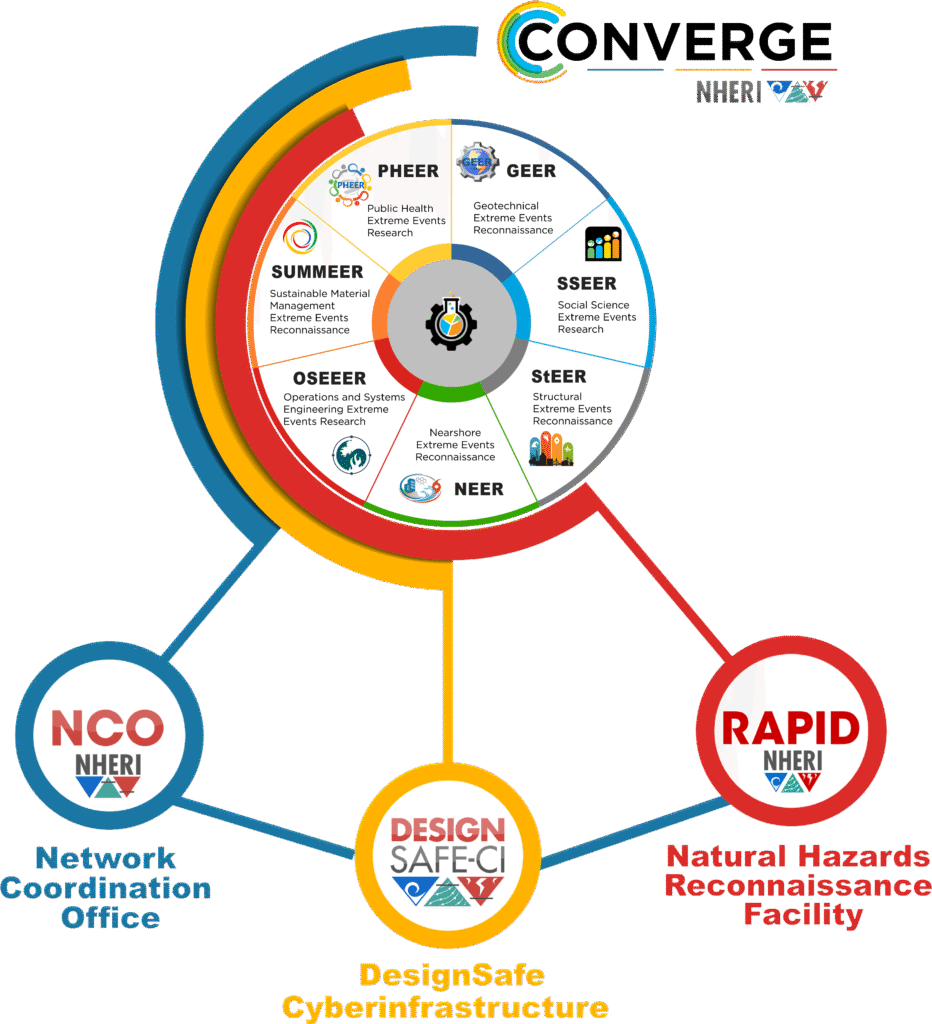 One of the tasks of the CONVERGE initiative is to create and support the first-ever Leadership Corps for natural hazards research.
One of the tasks of the CONVERGE initiative is to create and support the first-ever Leadership Corps for natural hazards research.
The Leadership Corps includes the principal investigators of the National Science Foundation-supported EER networks (GEER, SSEER, StEER, NEER, OSEEER, SUMMEER, PHEER, and ISEEER) and the leaders of National Science Foundation-Natural Hazards Engineering Research Infrastructure (NSF-NHERI) Network Coordination Office, RAPID Reconnaissance Facility, DesignSafe, and CONVERGE.
There are many well-established networks doing important work in the natural hazards reconnaissance space. The CONVERGE Leadership Corps, however, is dedicated to linking the National Science Foundation-supported EERs and the NSF-NHERI components that facilitate and advance the work of the natural hazards reconnaissance and research communities.
The CONVERGE Leadership Corps is working together to:
- Develop an internal operations manual to clarify how the principal investigators of the NSF- and CDC-supported EER’s and NHERI components will work together in the event of a major disaster.
- Develop an outward-facing research response plan to support the coordination of research teams and to clarify the ways that researchers can most effectively interface with local, state, and federal authorities, industry partners, and the nonprofit sector.
- Develop best practice guidance for rapid response disaster research through the publication of the CONVERGE Extreme Events Check Sheets series and the CONVERGE Training Modules.
- Write a science plan to inform future interdisciplinary rapid response disaster research investigations.
- Assume shared responsibility for internal and external messaging and communications during extreme events research missions that involve large numbers of engineers and social scientists.
Leadership Corps Members
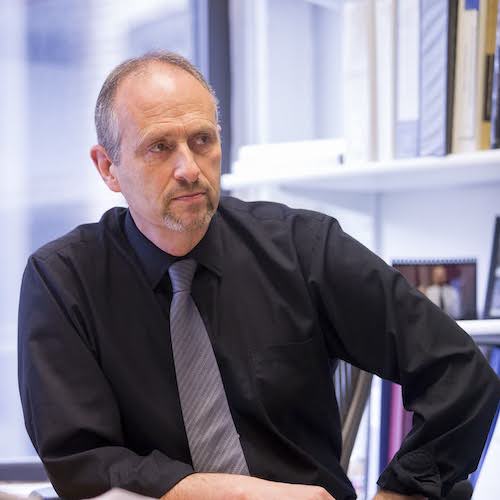
David Abramson
- david.abramson@nyu.edu
David Abramson is a Clinical Associate Professor at NYU’s School of Global Public Health and the director of the Center for Public Health Disaster Science. His research employs a social ecological framework to examine the health consequences of disasters, individual and community resilience, and long-term recovery from acute collective stressors. His work has focused on population health consequences, interactions of complex systems, and risk communication strategies associated with hurricanes Katrina and Sandy, the Joplin tornado, the Deepwater Horizon oil spill, H1N1, Zika, and COVID-19, among other natural, technological, and man-made disasters. He has a PhD in sociomedical sciences, with a sub-specialization in political science, and an MPH, both from Columbia University.
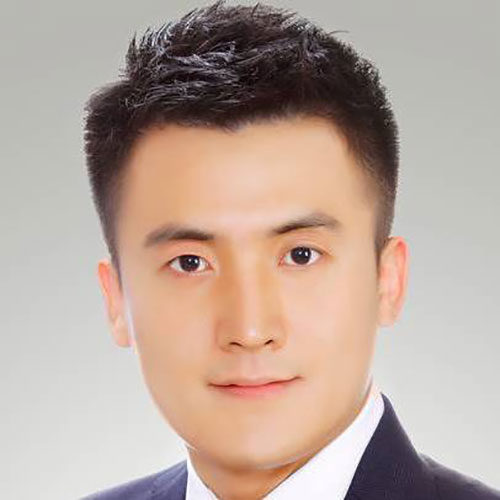
Juyeong Choi
- jchoi@eng.famu.fsu.edu
Juyeong Choi is an Assistant Professor in the Department of Civil and Environmental Engineering at FAMU-FSU College of Engineering. He is the director of the SUstainable Material Management Extreme Events Reconnaissance (SUMMEER) Organization. His research mainly focuses on management of resilience in infrastructure systems-of-systems, sustainable management of disaster debris, and building demolition planning and design. He has conducted reconnaissance studies to assess disaster impacts on the functioning of critical infrastructure. Choi has been recently selected as a Fellow for the NSF-funded Enabling the Next Generation of Hazards & Disasters Researchers program.

Tim Cockerill
- cockerill@tacc.utexas.edu
Tim Cockerill is the Texas Advanced Computing Center (TACC) director of user services. He currently serves as the DesignSafe deputy project director, and is involved in the TACC cloud computing projects Chameleon and Jetstream. Cockerill joined TACC in January 2014, as the director of center programs where he is responsible for program and project management across the center’s portfolio of awards. Before joining TACC, he was the associate project director for XSEDE and the TeraGrid project manager. Before entering the world of high performance computing in 2003, Cockerill spent 10 years working in startup companies aligned with his research interests in gallium arsenide materials and semiconductor lasers.
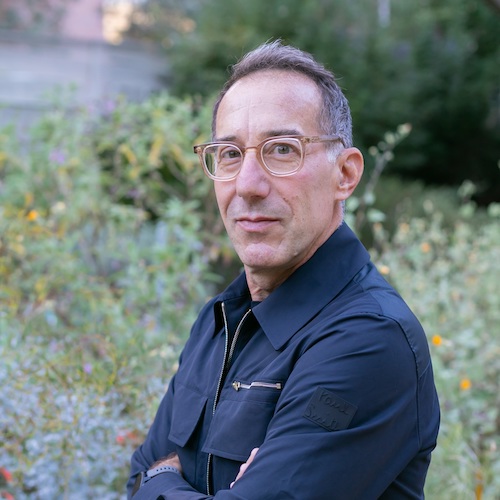
David Eisenman
- DEisenman@mednet.ucla.edu
David Eisenman, MD, MSHS, is a professor in the Division of General Internal Medicine and Health Services Research at the David Geffen School of Medicine at UCLA. He has a joint appointment at the UCLA Fielding School of Public Health where he directs the Center for Public Health and Disasters and co-directs the UCLA Center for Healthy Climate Solutions. His research focuses on the health impacts of disasters including extreme heat events and wildfires, household preparedness, and community resilience and recovery. Dr. Eisenman is also an Associate Natural Scientist at RAND. He was the Preparedness Science Officer for the Los Angeles County Department of Public Health, Emergency Preparedness and Response Program from 2012-2016. He holds a board certification in Internal Medicine and he cares for patients at the University of California, Los Angeles Medical Center. Dr. Eisenman received his MD from Albert Einstein College of Medicine, his MSHS from UCLA Fielding School of Public Health, and his BA from University of Pennsylvania.
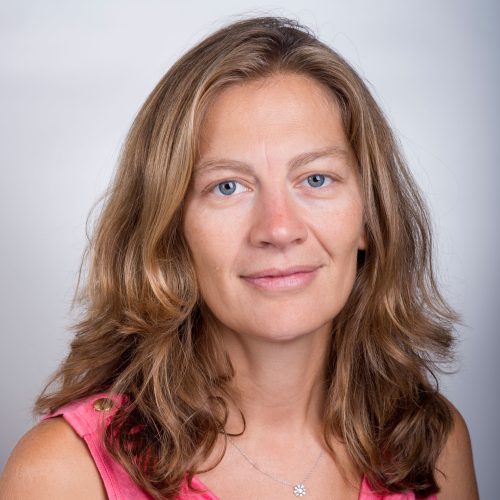
Ozlem Ergun
- o.ergun@northeastern.edu
Dr. Özlem Ergun is a College of Engineering Distinguished Professor and the Associate Chair for Graduate Affairs in Mechanical and Industrial Engineering at Northeastern University. Dr. Ergun’s research focuses on design and management of large-scale and decentralized networks. She has applied her work on network design, management, and resilience to problems arising in many critical systems including transportation, pharmaceuticals, and healthcare. She has worked with organizations that respond to emergencies and humanitarian crises around the world, including USAID, UN WFP, UNHCR, IFRC, OXFAM America, CARE USA, FEMA, USACE, CDC, AFCEMA, and MedShare International.
Recently, Dr. Ergun partnered with the Massachusetts’ Executive Office of Elder Affairs (EOEA) and developed platform to match qualified medical professionals to Long Term Care facilities with open positions around the state as part of the state’s response efforts to COVID19. Also, Dr. Ergun served as a member of the National Academies Committee on Building Adaptable and Resilient Supply Chains after Hurricanes Harvey, Irma, and Maria and as a member of the National Academies Committee on Security of America’s Medical Supply Chain.
Within INFORMS, Dr. Ergun has been a leader in establishing a strong community of OR/MS professionals with an interest in public programs. She was the President of INFORMS Section on Public Programs, Service and Needs in 2013. She currently serves as the Area Editor at the Operations Research journal for Policy Modeling and the Public Sector Area and the Department co-Editor at MSOM journal for Environment, Health and Society Department. Dr. Ergun is also a founding co-chair of the annual Health and Humanitarian Logistics Conference, held annually 2009 – 2021. In addition, Dr. Ergun was the Vice President of Membership and Professional Recognition on the INFORMS Board of Directors, 2011 – 2015.
Prior to joining Northeastern Dr. Ergun was the Coca-Cola Associate Professor in the School of Industrial and Systems Engineering at Georgia Institute of Technology, where she also co-founded and co-directed the Health and Humanitarian Systems Research Center at the Supply Chain and Logistics Institute. She received a B.S. in Operations Research and Industrial Engineering from Cornell University in 1996 and a Ph.D. in Operations Research from the Massachusetts Institute of Technology in 2001.
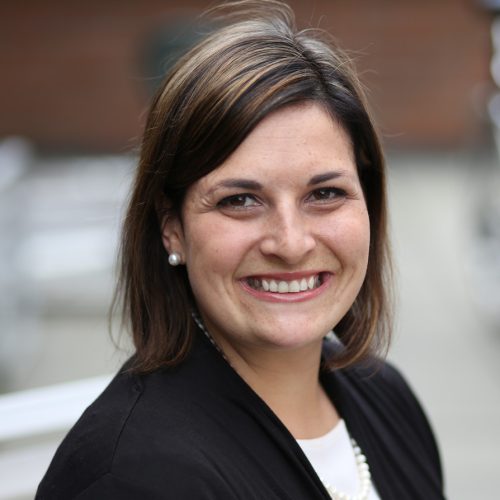
Nicole Errett
- nerrett@uw.edu
Nicole Errett is an Assistant Professor in the Department of Environmental and Occupational Health Sciences at the University of Washington. Her research focuses on the development, implementation and health impacts of policies and programs that aim to build resilience in the context of public health emergencies, disasters and climate change. She serves as the social sciences lead for the NHERI RAPID Facility and co-chairs the NIEHS Disaster Research Response Network Steering Committee. Dr. Errett previously served as the Special Assistant to the Assistant Secretary of Preparedness and Response at the US Department of Health and Human Services, the Policy and Legislative Director at the Baltimore City Mayor’s Office of Emergency Management and the Evaluation and Assessment Manager at the Northwest Healthcare Response Network. She holds a PhD in Health and Public Policy, an MSPH in Health Policy and a BA in Public Health Studies from the Johns Hopkins University.
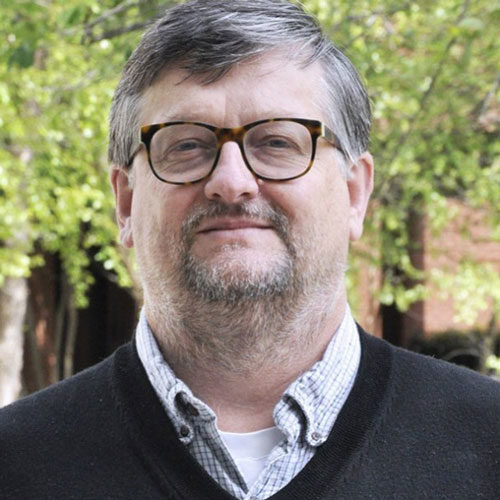
David Frost
- david.frost@ce.gatech.edu
J. David Frost is the Elizabeth and Bill Higginbotham Professor of Civil Engineering at the Georgia Institute of Technology. He is chair of the Geotechnical Extreme Events Reconnaissance (GEER) Association. Before becoming a faculty member, he worked in Ireland and Canada on a range of natural resource related projects, including tailings impoundments and artificial sand islands for oil exploration in the Arctic. He is a registered professional engineer in Canada and the United States and a Fellow of American Society of Civil Engineers. His research focuses on the development of digital data collection systems for studying extreme event-related infrastructure problems and he has received two U.S. patents for multi-sensor systems. He has served on National Science Foundation-supported post-disaster study teams in the United States, Turkey, India, China, Chile, and Japan; as well as at the World Trade Center after the 9/11 attacks. He also co-founded a software company that focuses on field data collection technologies.
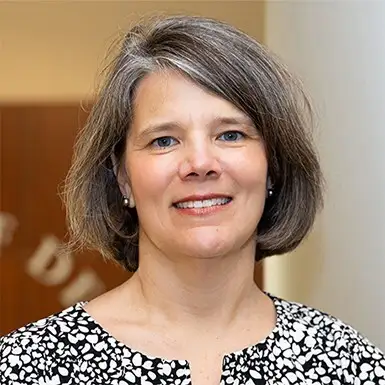
Jennifer Horney
- horney@udel.edu
Jennifer Horney is Professor and Founding Director of the Program in Epidemiology and Core Faculty at the Disaster Research Center at the University of Delaware. Her research focuses on measuring the health impacts of disasters, as well as the linkages between disaster planning and household actions related to preparedness, response, and recovery. Dr. Horney received her Ph.D. and MPH from the University of North Carolina at Chapel Hill. She was a member of a team of public health practitioners who responded to Hurricanes Isabel, Charley, Katrina, Wilma, Irene, and Harvey where she conducted rapid assessments of disaster impacts on public health. She has also provided technical assistance to public health agencies globally around disasters, infectious disease outbreaks, and pandemic influenza planning and response.
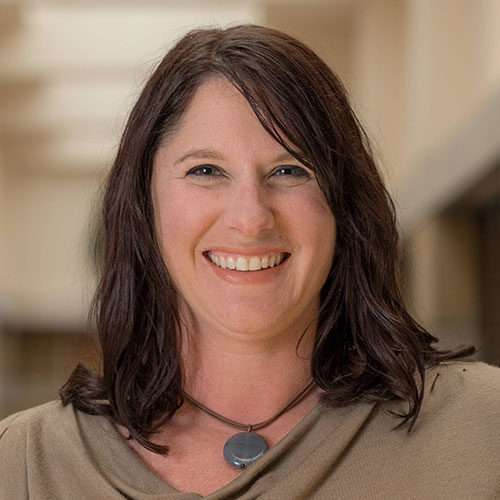
Tracy Kijewski-Correa
- Tracy.L.Correa.5@nd.edu
Tracy Kijewski-Correa is the Leo E. and Patti Ruth Linbeck Collegiate Chair, associate professor in the Department of Civil and Environmental Engineering and Earth Sciences, and associate professor of global Affairs at the University of Notre Dame. She is co-director of the Integration Lab (i-Lab) in the Keough School and co-founder of Engineering2Empower. Kijewski-Correa is serving as the inaugural director of the Structural Engineering Extreme Event Reconnaissance (StEER) network, building on her experiences coordinating responses to the 2017 hurricane season in Texas, Florida, Puerto Rico and the U.S. Virgin Islands to assess the damage caused by Hurricanes Harvey, Irma, and Maria. She has also conducted a reconnaissance and longitudinal recovery studies following the 2005 Boxing Day Tsunami in Indonesia and Thailand, the 2010 Haiti Earthquake, and Hurricane Matthew in 2016, as well as large-scale household surveys on mitigation actions and intentions among homeowners in the United States and Haiti.
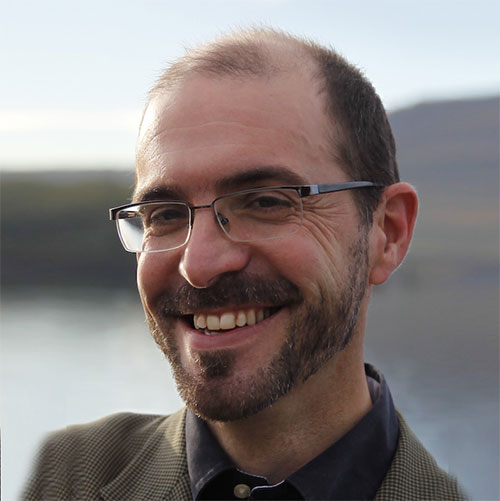
David Mendonça
- mendod@rpi.edu
David Mendonça is an Associate Professor in the Industrial and Systems Engineering Department at Rensselaer Polytechnic Institute (RPI) in Troy, NY, where he also holds an appointment in RPI’s Cognitive Science Department. He is the principal investigator for the Operations and Systems Engineering Extreme Event Research (OSEEER). He has published extensively on field, archival and experimental studies on human response to disaster, as well as computer-based support for disaster response decision making. His work has been funded through grants from NSF, the Office of Naval Research and other organizations, and has involved numerous national and international collaborations.
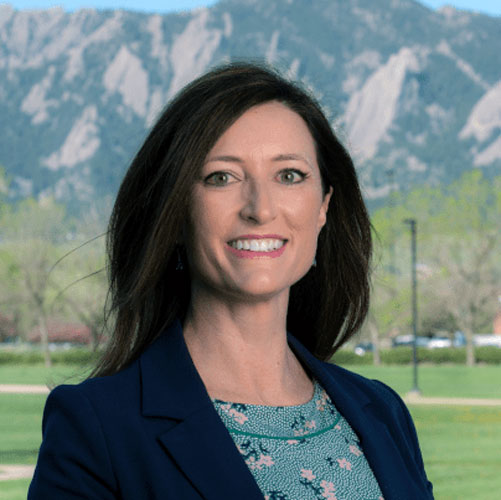
Lori Peek
- lori.peek@colorado.edu
Lori Peek is the principal investigator of the Natural Hazards Engineering Research Infrastructure (NHERI) CONVERGE facility and the leader of the Social Science Extreme Events Research (SSEER) network and Interdisciplinary Science and Engineering Extreme Events Research (ISEEER) platform. She is also director of the Natural Hazards Center and professor in the Department of Sociology at the University of Colorado Boulder. Peek is author of Behind the Backlash: Muslim Americans after 9/11, co-author of Children of Katrina, co-author of The Continuing Storm: Learning from Katrina, and co-editor of Displaced: Life in the Katrina Diaspora and the Handbook of Environmental Sociology. Peek helped develop national natural hazards school safety guidance, which culminated in the publication of FEMA P-1000 Safer, Stronger, Smarter: A Guide to Improving School Natural Hazard Safety.
For a full bio, please see: https://hazards.colorado.edu/biography/lori-peek.
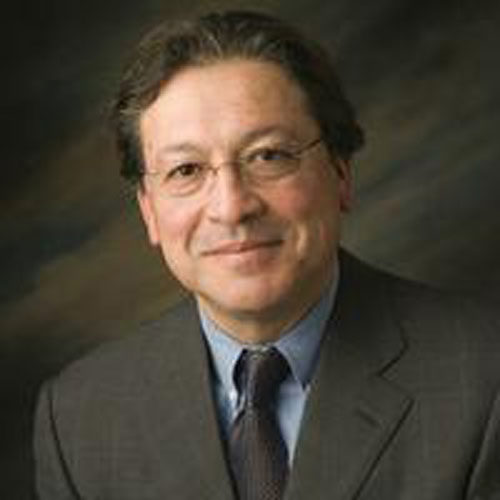
Julio Ramirez
- ramirez@purdue.edu
Julio Ramirez is the Karl H. Kettelhut Professor of Civil Engineering in the Lyles School of Civil Engineering at Purdue University. He is principal investigator of the Natural Hazards Engineering Research Infrastructure Network Coordination Office (NHERI-NCO). Ramirez is among 25 Purdue innovators inducted into the Purdue Innovator Hall of Fame by the Purdue Research Foundation Office of Technology Commercialization. For the past 30 years Ramirez has taught and conducted research in structural engineering. His areas of expertise cover design, evaluation of performance, and code development of reinforced and prestressed concrete bridges and buildings. Since 1994, Ramirez has been involved in reconnaissance missions following earthquakes in Northridge, California; Manzanillo, Mexico; Kobe, Japan; Duzce-Bolu, Turkey; Puebla, Mexico; Armenia, Colombia; and Bingol, Turkey. He was the co-principal investigator in the National Science Foundation-funded Network for Earthquake Engineering Simulation Grand Challenge study Mitigation of Collapse Risk in Vulnerable Concrete Buildings, which aimed to identify collapse triggers in non-ductile reinforced concrete buildings subjected to seismic actions. Ramirez is a fellow of the American Concrete Institute and the recipient of the institute’s 2000 Delmar Bloem Award and the 2006 Joe W. Kelly.
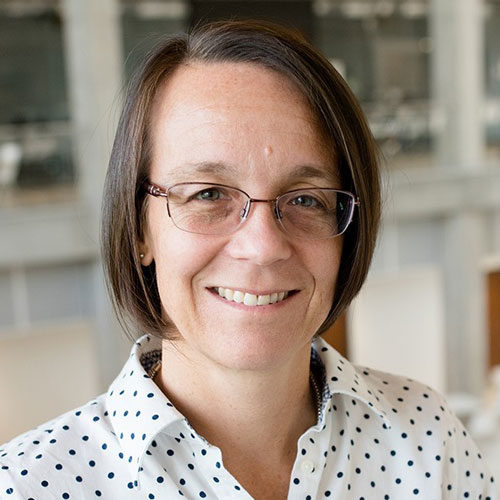
Ellen Rathje
- e.rathje@mail.utexas.edu
Ellen Rathje is the Warren S. Bellows Centennial Professor of Civil Engineering in the Department of Civil, Architectural and Environmental Engineering at the University of Texas at Austin. She is the principal investigator of the Natural Hazards Engineering Research Infrastructure Cyberinfrastructure. Her research focuses on geotechnical earthquake engineering and engineering seismology. Her work encompasses the seismic stability of earth structures and slopes, strong ground motion and site response during earthquake, and the application of remote sensing to earthquake damage assessment and deformation monitoring. Rathje has received many awards including the Shah Innovation Prize from the Earthquake Engineering Research Institute in 2006, the Huber Research Prize from American Society of Civil Engineers in 2010, and the Hogentogler Award from ASTM International for an outstanding paper on soil and rock in 2010.
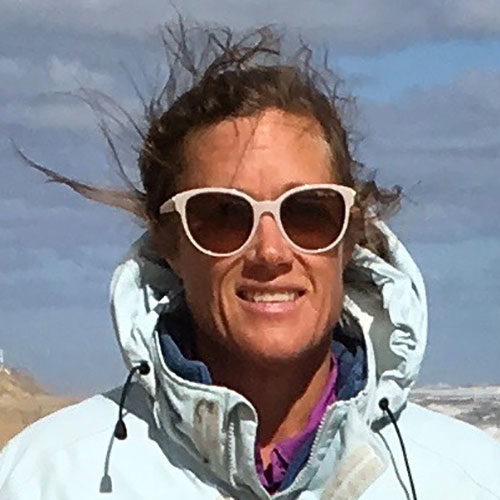
Britt Raubenheimer
- britt@whoi.edu
Britt Raubenheimer is a senior scientist in the Department of Applied Ocean Physics and Engineering at Woods Hole Oceanographic Institution. She is also the principal investigator of the Nearshore Extreme Events Reconnaissance (NEER). Raubenheimer’s research interests include shoaling, surf, and swash zone wave transformation; groundwater-ocean interactions; nearshore circulation and the resulting sediment and pollution transport; and waves, overwash, and morphological change during extreme events. Raubenheimer recently received the Bob Dean Award for Coastal Academics from the American Shore and Beach Preservation Association, in part for an internship program she developed to teach field techniques to students and early-career coastal professionals.
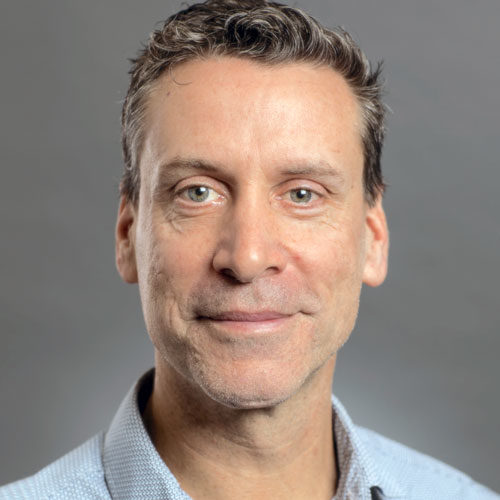
Joseph Wartman
- wartman@uw.edu
Joseph Wartman directs the Natural Hazards Reconnaissance Facility (known as RAPID) at the University of Washington, where he is the H.R. Berg Professor of Civil and Environmental Engineering. A former editor of the American Society of Civil Engineer’s Journal of Geotechnical and Geoenvironmental Engineering, he is the author of more than 100 professional articles on geologic hazards. In addition to his technical publications, Wartman’s essays and op-eds have appeared in the New York Times, the Seattle Times, and the Conversation, among other mainstream media outlets. He is the recipient of several research honors awards including, most recently, the Geologic Society of America’s Burwell Award in engineering geology.

